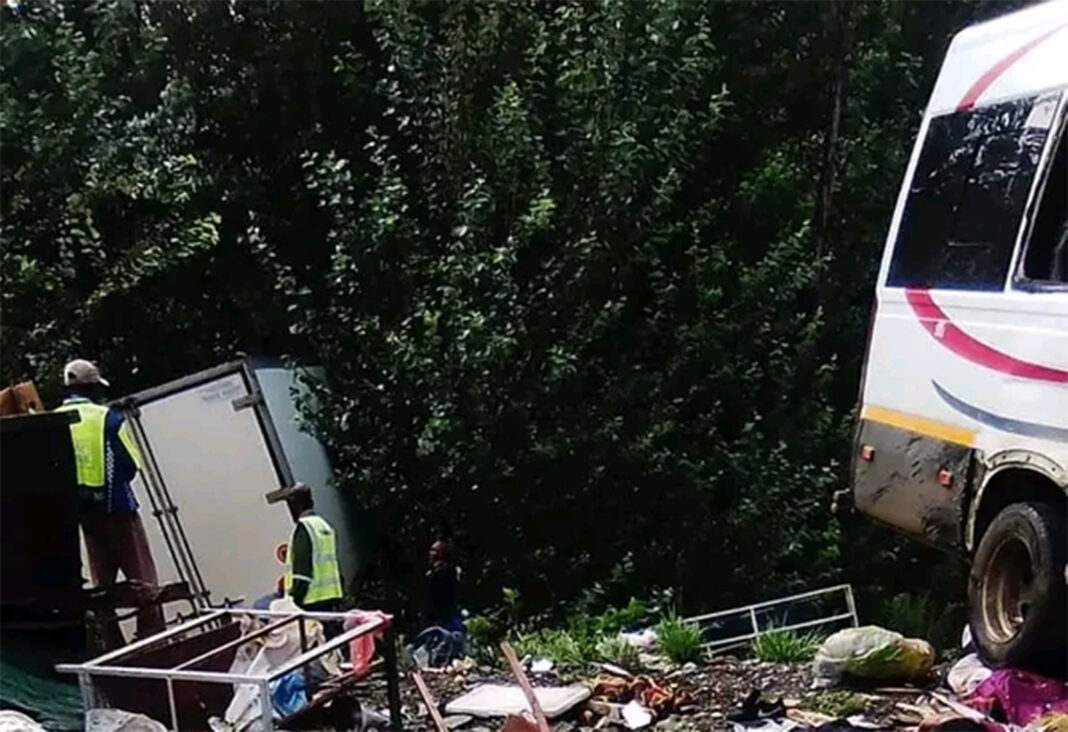By Kabelo Mollo
Artificial Intelligence, or Al, refers to the simulation of human intelligence in machines that are programmed to think and learn. These machines can be trained to perform a wide range of tasks, from simple ones like recognizing speech and images, to more complex tasks like playing chess or driving a car.
The field of Al is constantly evolving, with new developments in machine processing, and computer vision helping to push the boundaries of what is possible. One of the most exciting aspects of Al is its potential to solve some of the world’s most pressing problems, such as climate change and disease, by analysing vast amounts of data and making predictions that would be impossible for humans to make on their own. However, with the increasing power of Al also comes the potential for unintended consequences, such as job development of autonomous weapons, which raise important ethical and policy questions.
The first paragraph of this piece is written by AI bot ChatGPT. I suspect if I had let It, it could have written this whole column. The cadence and wording are just right and feel like something a human might write. The future is now. We have got to that moment the sci-fi program “Beyond 2000” used to envisage. For those unawares “Beyond 2000” was a program that came on, on Sundays when South Africa’s national broadcaster was still operating relatively optimally, and it would give a glimpse in to some of the developments in the pipelines for the year 2000 and beyond. They looked mainly at science and technology. It was awe inspiring and give rise to a number of dreams in a young man. Because some of the things were at Beta version, it’s difficult to see what has and what hasn’t been fulfilled but I suspect many of those elements exist in varying forms now.
ChatGPT is brilliant, and at the moment I’m using it in its most basic form. It is an artificial intelligence program that can do many impressive things. My nerdish friends tell me all the time what incredible process driven design work they’re training it to do. Somebody else trained it to write their whole university thesis having inputted enough of the right information to get it to churn out what they were looking for. A whole thesis?! You see, I really could have let this thing do my work for me. My question to myself is whether that would have been plagiarism? Would I have stolen ChatGPTs IP? Does ChatGPT have intellectual property? This future is fraught with difficult questions.
As that opening paragraph references, there is much development that will happen relatively quickly because of AI and much of it will take the world forward, but what of the almost certain arms trade that will emerge? Automated weapons of mass destruction that will be merciless killers. What of them? Arms dealers have proven themselves profit driven machines with scant regard for ethics or anything of the sort. Surely, it’s only a matter of time before that reality strikes…
Let me not allow myself to get gloomy, besides I’m a glass half full kind of guy. I think this kind of technological advancement is exactly the kind of power tool young people in the third world need. Hopefully it’ll be an equaliser that will allow kids in these parts to develop and design products that we can place on the internet for global consumers to indulge. Let’s hope we can train the application sufficiently enough that it can create indigenous works that can be mass produced and sold for good profits.
The future isn’t a world away. It is here…









